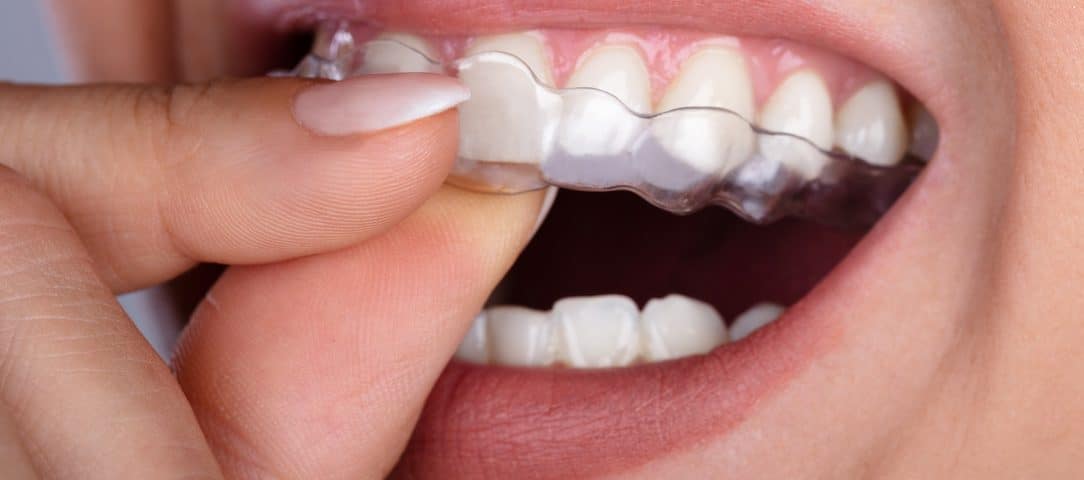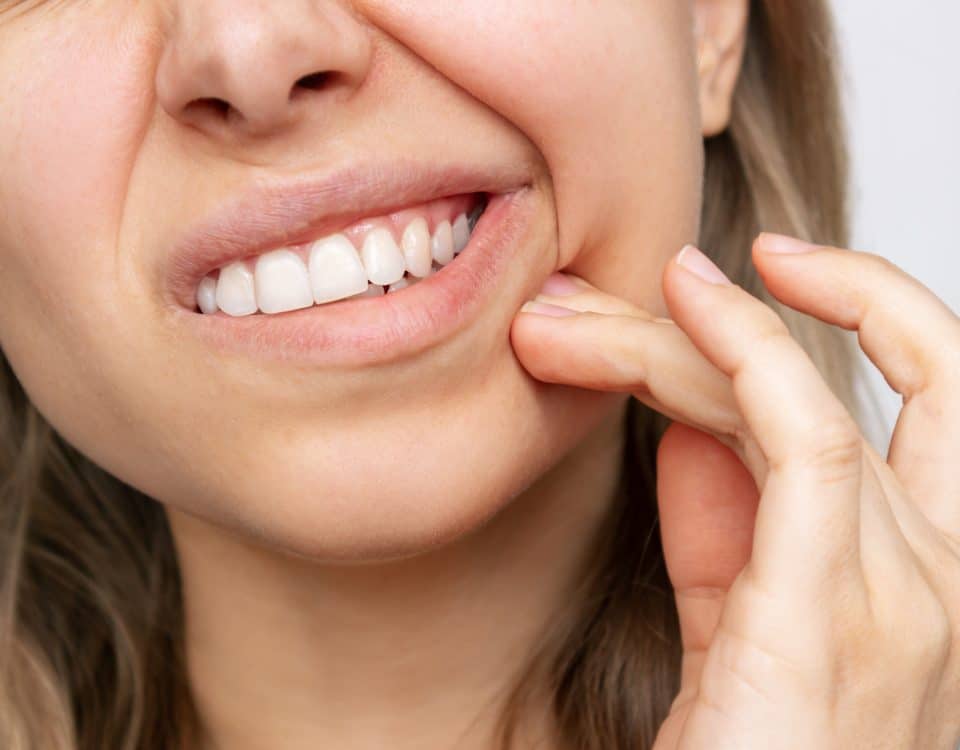TMJ Awareness Month: Benefits of Night Guards

How to Know if a Root Canal is Needed
November 19, 2020
National Hand-Washing Awareness Week: The Importance of Clean Hands in Dentistry
December 2, 2020Night guards can save you from the aches and pains associated with TMJ, teeth grinding, and clenching. If you find yourself waking up with a sore jaw, a dull headache or tooth pain, it’s time to give Stonebrook Family Dental dental a call. Teeth grinding, affects about 30 million to 40 million children and adults in the U.S., and can trigger serious oral health issues and problems.
What is TMJ?
TMJ, known as temporomandibular joint, is the joint that connects your jawbone to your skull. Additionally, TMJ disorder is also referred to as just ‘TMJ’. This disorder causes pain and dysfunction in the jaw joint and muscles that move your jaw. Research has shown that conditions fall into three main categories:
- Myofascial pain, which involves discomfort or pain in the muscles that control jaw function
- Internal derangement, which involves a displaced disc, dislocated jaw, or injury to the condyle
- Arthritis, which refers to a group of degenerative/inflammatory joint disorders that can affect the temporomandibular joint
While these are three different categories, a person could have one or more of these conditions at the same time. Some estimates even show that TMJ disorders affect over 10 million Americans.
Signs of TMJ Disorder
TMJ disorder can have a range of symptoms. Medical News Today explains that common symptoms of TMJ are:
- Pain – this includes jaw pain, headaches or migraines, neck and back pain, earaches, and more.
- Sounds – a common, yet painless, symptom is a popping or clicking sound that can occur while eating, talking, or simply opening the mouth.
- Restricted movement – limited movement that prevents the mouth from being opened fully or being moved in certain directions can cause severe discomfort in your day-to-day life.
TMJ Treatments
Night guards can save you from the aches and pains that can come along with TMJ, teeth grinding, and teeth clenching. If you find that you wake up with a sore jaw, headache, or tooth pain, it might be time to seek out night guard treatment with Dr. Kevin Varley and Stonebrook Family Dental.
Night guards are one of the most common treatment options for TMJ pain. These custom-fit night guards are retainer-like pieces of plastic that can cover either the top or bottom set of your teeth. This appliance cushions your teeth from the force and weight of clenching, and prevents the molars from grinding together. This protects your teeth, but it also helps you sleep more peacefully.
While you can find over-the-counter night guards at your local drug store, they are lower quality and not as protective since they don’t fit your teeth as exactly as they should. Custom night guards with Stonebrook Family Dental are specially made in a lab from an impression of your mouth.
Why Night Guards?
Night guards are necessary to help prevent the surfaces of your teeth from grinding together, which can result in tooth chipping or cracking and can also cause jaw strain. Teeth grinding can be due to stress and anxiety, but misaligned teeth, allergies, and more can also cause grinding and clenching of the jaw. Teeth grinding has consequences, but a night guard can help prevent damage from happening. Not only can Dr. Varley provide you with a custom night guard, but he can also help determine the cause of your grinding and offer further treatment.
Night guards can help prevent injury, headaches, jaw tenderness, broken teeth, and TMJ disorders.
Caring For Your Night Guard
If you receive a night guard, properly caring for it is a necessary routine to keep it in good condition. In the morning, following each use, clean your night guard with a toothbrush and toothpaste. When you aren’t using it, store your night guard in cold tap water to prevent bacteria growth.
It is important that you do not use a night guard cleaner that contains alcohol, as alcohol can quickly shorten the lifespan of your newly made night guard. If you store your guard in its container, it is necessary to thoroughly dry it after cleaning to prevent bacteria growth.
Night guards are made to last, but over time, the grinding/clenching will wear down the night guard. However, this is good news because it means it is receiving the damage and your teeth are not. When you come in for your dental cleanings, be sure to bring your night guard with you so we can inspect it and make sure it’s still in good working condition.
Make an Appointment with Dr. Varley
Dr. Varley and our team at Stonebrook Family Dental practice prevention first when caring for your teeth. We do all we can to safeguard your oral health. Make an appointment with us today by calling (303)-872-7907.



